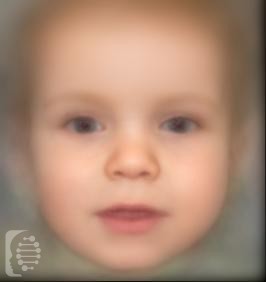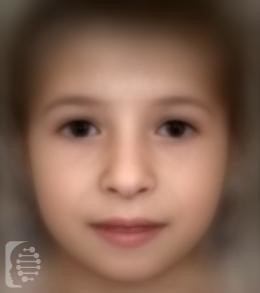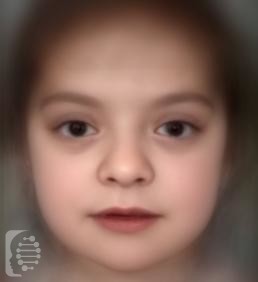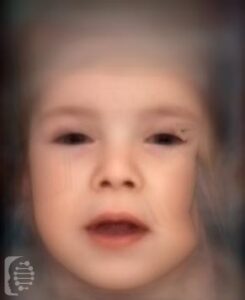
Megalencephaly-Polymicrogyria-Polydactyly-Hydrocephalus syndrome (MPPH)
Megalencephaly-Polymicrogyria-Polydactyly-Hydrocephalus syndrome is a rare congenital brain condition that presents with multiple birth defects (symptoms present at birth) and developmental delay. The syndrome is characterized by a very large head (megalocephaly) and brain. This growth is especially marked during the first two years of an affected individual’s life. Alternative syndrome names: Megalencephaly, polymicrogyria, mega corpus […]






